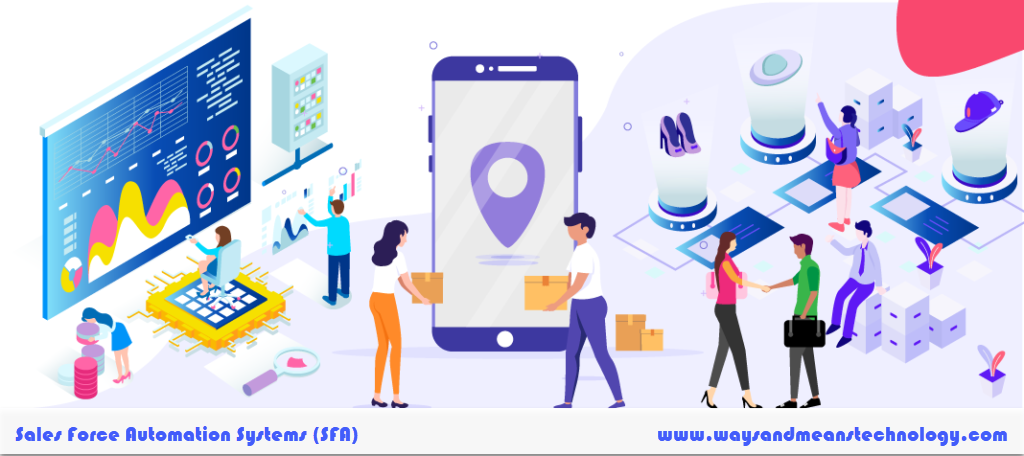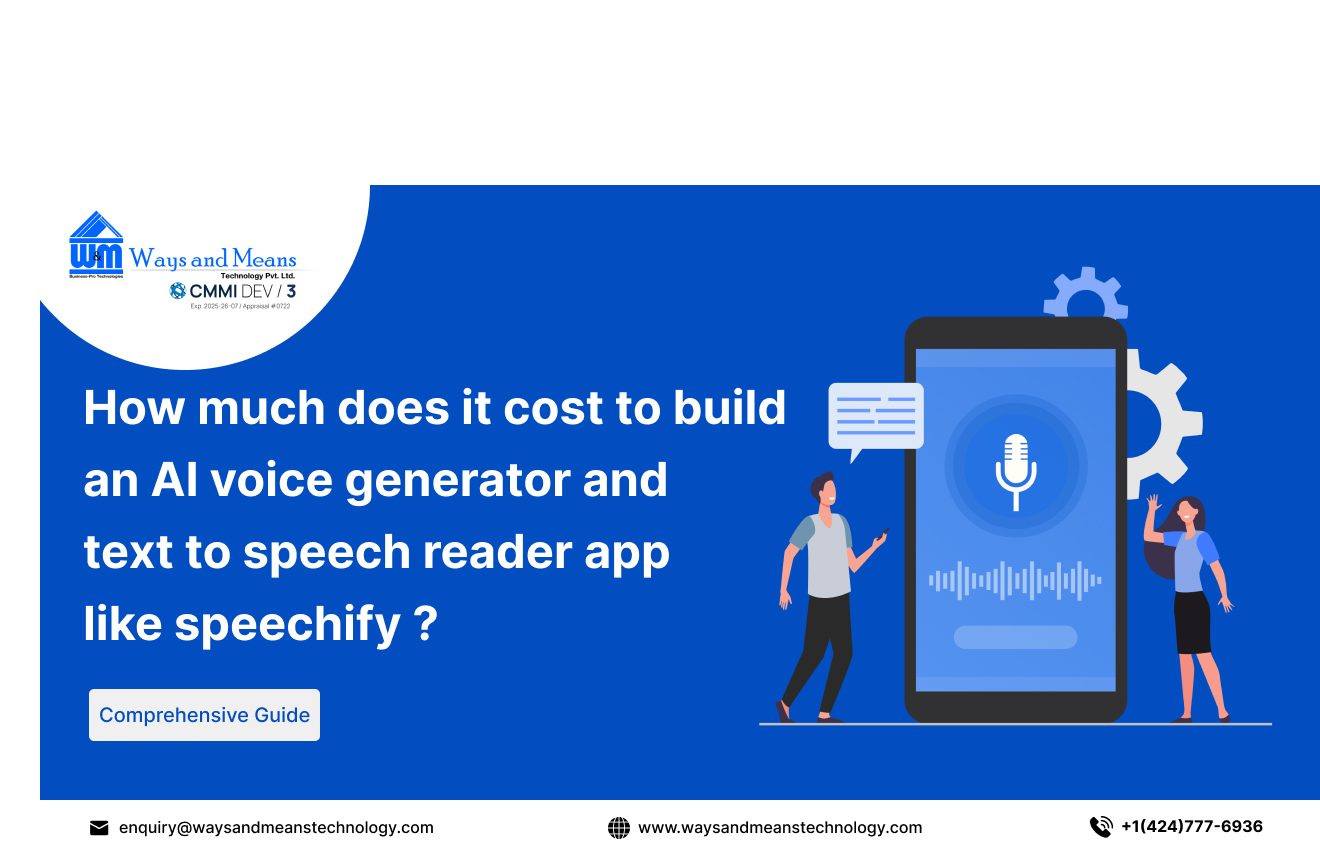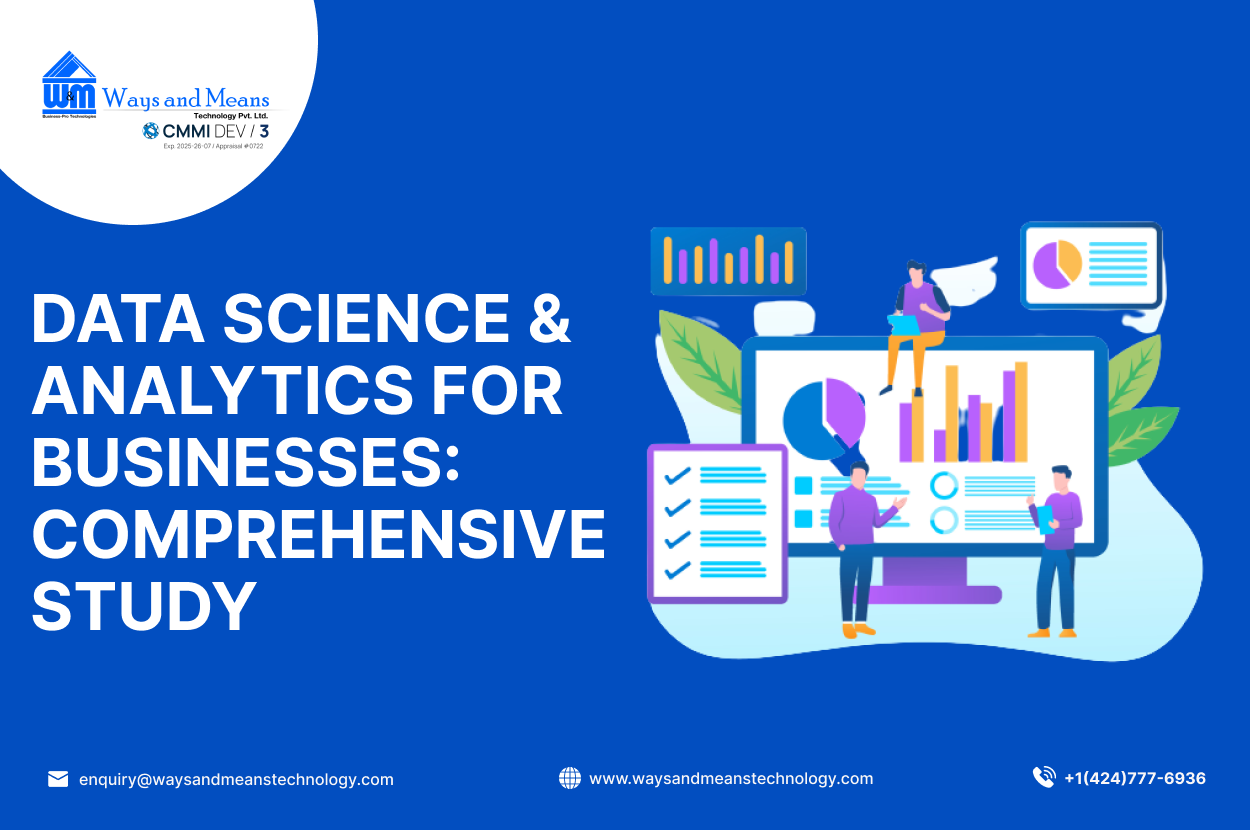What are Sales Force Automation or SFA Apps ?
Sales force automation (SFA) apps are software applications designed to support and automate sales processes in a business setting. SFA apps typically include features such as lead management, contact management, sales forecasting, opportunity management, territory management, and quote management. They may also include mobile support, allowing sales teams to access and update information on the go, as well as integration with other business systems such as customer relationship management (CRM) and enterprise resource planning (ERP) software. SFA apps can help businesses improve their sales efficiency, productivity, and effectiveness, resulting in increased revenue, better customer relationships, and more streamlined sales processes.
What is need of Sales Force Automation or SFA App ?
Sales force automation (SFA) apps are needed to streamline and automate sales processes, improve sales productivity and efficiency, and enhance customer relationship management. SFA apps provide a centralized platform for managing customer data, tracking sales leads and opportunities, and automating sales reporting and analysis. By automating routine sales tasks, SFA apps can help sales teams focus on building relationships and closing deals. SFA apps also provide real-time data on sales performance and customer interactions, allowing businesses to identify trends, forecast sales, and make data-driven decisions. Additionally, SFA apps can be integrated with other business systems, such as customer relationship management (CRM) and enterprise resource planning (ERP) software, to provide a more comprehensive view of sales performance and customer interactions. Overall, SFA apps are essential for businesses looking to improve their sales processes and enhance their customer relationships.
Is SFA or Sales Force Automation app customer facing ?
Sales force automation (SFA) apps are typically designed for internal use by sales teams and are not customer-facing. The purpose of SFA apps is to provide sales teams with a centralized platform for managing customer data, tracking sales leads and opportunities, and automating sales processes. SFA apps can also provide real-time data on sales performance and customer interactions, allowing sales teams to make data-driven decisions and improve their sales effectiveness. However, SFA apps may indirectly impact the customer experience by improving the efficiency and effectiveness of sales processes, resulting in more streamlined sales interactions and better customer relationships. Additionally, some SFA apps may include features that enable sales teams to interact with customers more effectively, such as mobile support for on-the-go sales interactions or customer relationship management (CRM) integration for managing customer interactions.
What are most important features of a Sales Force Automation System ?
There are many features that can be included in a Sales Force Automation (SFA) system, and the most important features may vary depending on the specific needs of the business. However, here are 20 commonly found features and a brief explanation of each:
- Lead management: A feature that tracks and manages sales leads, from initial contact to qualification.
- Contact management: A feature that maintains contact information and history with prospects and customers.
- Opportunity management: A feature that tracks the status of sales opportunities and provides insights into potential deals.
- Sales forecasting: A feature that helps predict future sales performance based on historical data and current trends.
- Territory management: A feature that helps manage sales territories and assign leads to the appropriate sales reps.
- Quoting and proposal management: A feature that streamlines the process of creating and delivering sales quotes and proposals.
- Order management: A feature that manages the entire order process, from placing the order to fulfillment and invoicing.
- Sales reporting: A feature that provides real-time data on sales performance and allows for analysis and insights into sales trends.
- Sales analytics: A feature that uses data to provide insights and recommendations for improving sales performance.
- Mobile support: A feature that allows sales teams to access and update information on the go using mobile devices.
- Customer relationship management (CRM) integration: A feature that integrates with a CRM system to provide a more complete view of the customer relationship.
- Marketing automation integration: A feature that integrates with marketing automation tools to streamline lead generation and nurturing.
- Email tracking: A feature that tracks email opens, clicks, and replies to help sales teams prioritize follow-up efforts.
- Social media integration: A feature that integrates with social media platforms to help sales teams identify and engage with potential leads.
- Document management: A feature that manages and organizes sales-related documents, such as proposals, contracts, and presentations.
- Collaboration tools: A feature that allows sales teams to collaborate on sales opportunities and share information with colleagues.
- Customization: A feature that allows businesses to customize the SFA system to fit their specific sales processes and workflows.
- Data security: A feature that ensures that sales data is stored securely and can only be accessed by authorized users.
- API integration: A feature that allows the SFA system to integrate with other third-party tools or software.
- Training and support: A feature that provides training and support for sales teams to ensure they can effectively use the SFA system to its full potential.
Overall, an effective SFA system should provide a comprehensive set of features that support the sales process, streamline workflows, and provide insights and analytics to help sales teams make data-driven decisions.
In which industries can a Sales Force Automation System be beneficial?
Sales force automation (SFA) systems can be useful in a wide variety of industries where sales teams are a key part of the business, including:
- Manufacturing
- Retail
- Healthcare
- Banking and finance
- Insurance
- Real estate
- Telecommunications
- Information technology
- Hospitality and tourism
- Professional services
SFA systems can be particularly helpful for businesses with a high volume of sales leads, complex sales processes, or a geographically dispersed sales team. They can help businesses manage customer data, track sales leads and opportunities, and automate sales reporting and analysis. This can improve sales productivity and efficiency, enhance customer relationship management, and ultimately drive revenue growth. SFA systems can also be integrated with other business systems, such as customer relationship management (CRM) and enterprise resource planning (ERP) software, to provide a more comprehensive view of sales performance and customer interactions. Overall, SFA systems are an important tool for businesses looking to improve their sales processes and stay competitive in today’s market.
What distinguishes Sales Force Automation from CRM?
Sales Force Automation (SFA) aims to make the sales process more efficient and transparent, providing management tools for potential sales and pipeline management. In contrast, Customer Relationship Management (CRM) focuses on customer satisfaction and retention by centralizing customer data from interactions, complaints, and purchase history to customize customer experiences. While SFA is acquisition software, CRM is post-sale software. However, CRM systems often include SFA, integrations, and marketing automation, making them an all-in-one solution.
Overall, both SFA and CRM can be valuable tools for businesses. SFA can help improve the sales process, increase efficiency and productivity, and provide insights into sales performance. CRM, on the other hand, can help businesses build stronger customer relationships, enhance customer retention, and drive long-term revenue growth. However, it’s important to note that these systems are not mutually exclusive, and many businesses use both SFA and CRM to manage their sales processes and customer relationships. By integrating these tools with other business systems, businesses can gain a more comprehensive view of their sales performance and customer interactions, which can help them make better business decisions and improve overall performance.
What are the advantages of implementing a Sales Force Automation system?
- Improved Productivity
Automating manual tasks frees up sales reps’ time to focus on developing sales strategies and meeting with potential clients. SFA tools that work on smartphones can further boost productivity by providing quick access to customer information, sales verifications, and company campaigns. - Decreased Sales Costs
The automation of selling processes makes them faster, more efficient, and reliable, thereby reducing sales-related costs and boosting revenue. - Better Data Insights
An SFA system provides insights into customer data and purchase history that can help sales reps and managers craft more effective sales strategies. - Record Keeping
and Data Collection Sales force automation software tracks potential customers’ activity on a company’s website, creates a profile, and collects information that can help enhance the on-site sales performance of the company. - Faster Response Time
Having access to customer information in the system, sales force automation, combined with conversational AI, can respond to customers quickly and efficiently, resulting in higher customer satisfaction rates. - Minimized Human Error and Bias
Human error and bias can lead to negative customer experiences and affect sales opportunities. Sales force automation systems minimize involuntary human mistakes, maintaining a professional image and keeping customers happy, leading to increased revenue.

Use Cases of Sales force automation (SFA) Systehttps://waysandmeanstechnology.com/Contact-Usms
Sales force automation systems have various use cases that can significantly benefit sales teams and improve overall sales performance. Here are some of the key use cases and their details:
- Activity Tracking and Alerts –
SFA tools help sales teams keep track of their current situation with specific customers and send automated alerts to the salesperson if the next step required to make a sale needs to be done right away. - Sales Process Automation –
The SFA tool automates the most tedious part of the sales process by emailing every client and lead, sending out emails on behalf of the user, and recording the client’s response directly to the customer relationship management software. - Opportunity Tracking –
The SFA system can monitor and prioritize the leads that are the most beneficial for the company and keep track of the new potential ones. - Dynamic Sales Pipeline Management –
The sales pipeline management is customized to alert the sales team whenever a lead moves on to the next step of the pipeline, delegating the next steps to take for those who are involved. - Sales Reporting –
Sales reports based on reliable metrics from the SFA tool help managers monitor their sales team’s performance, analyze each member’s performance, and create well-structured plans that will improve the company’s sales performance in the future. - Client Prospecting –
The SFA system helps sales teams distinguish the best market leads by monitoring their engagement with the company, making it easier to distinguish which ones should be the primary and secondary target market. - Lead Tracking and Scoring –
The SFA tool distinguishes valuable leads based on their identification and monitors their course of action on the company’s website, sending a notification to the sales representative about the best time to reach out to them. - Scheduling Meetings and Calls –
Sales force automation systems can post the key salespersons’ calendars on the company’s website or social media pages, making it easier for clients to book a meeting or schedule a call with the representative. - Data Collection from Meetings and Calls –
The SFA system automatically imports essential information collected from client meetings and calls directly into the CRM system. - Deal Management –
The SFA tool monitors every deal made with each client and provides a detailed recommendation list the sales team can pitch next, making phone calls, emails, and handling contact management and order management require little to no effort on the representative’s side. - Outbound Emails –
The SFA system helps reduce the number of work hours each sales representative puts into manually sending emails by automating email campaigns that send out personalized messages to specific clients. - Proposals and Requests for Proposals (RFPs) –
The SFA system can automate the Request for Proposals (RFP) process, tracking results and collecting important data. - Creating Contacts and Deals –
Users can construct a ready-to-go email agreement template with the SFA system and send them automatically to the leads who met the standard once an opportunity arises.
Ways and Means Technology is the expert in developing Sales Force Automation (SFA) systems for mobile and web platforms. Our team of experienced developers can help businesses in various industries to build customized SFA systems to streamline their sales processes, increase productivity, and improve customer engagement.
Our SFA systems offer a wide range of features, including activity tracking and alerts, sales process automation, opportunity tracking, dynamic sales pipeline management, sales reporting, client prospecting, lead tracking and scoring, scheduling meetings and calls, data collection from meetings and calls, deal management, outbound emails, and proposals and requests for proposals (RFPs).
With our SFA systems, businesses can reduce the time and effort required to manage their sales processes while ensuring that their sales teams are well-equipped to handle every stage of the sales cycle. Our systems are easy to use and can be customized to meet the specific needs of each business.
We work closely with our clients to understand their business goals, sales processes, and customer engagement strategies to build SFA systems that are tailored to their unique needs. Our team of developers is experienced in using the latest technologies and programming languages to create SFA systems that are fast, reliable, and secure.
Our SFA systems have been successfully implemented in various industries, including healthcare, retail, real estate, and finance, among others. We take pride in our ability to help businesses improve their sales processes, increase productivity, and enhance customer engagement with our SFA systems.
Contact us today to learn more about how our SFA systems can help your business grow and succeed in the competitive market.

Frequently Asked Questions about Sales Force Automation(SFA) Systems:
What is a Sales Force Automation (SFA) system, and how can it benefit my business?
An SFA system is a software tool that helps businesses automate and streamline their sales processes, allowing sales teams to work more efficiently, increase productivity, and improve customer engagement. An SFA system can benefit your business by reducing the time and effort required to manage sales processes, providing real-time insights into sales performance, and improving the quality of customer interactions. Ways and Means Technology can help you build a customized SFA system tailored to your unique business needs.
What features can be included in an SFA system?
An SFA system can include a wide range of features, including activity tracking and alerts, sales process automation, opportunity tracking, dynamic sales pipeline management, sales reporting, client prospecting, lead tracking and scoring, scheduling meetings and calls, data collection from meetings and calls, deal management, outbound emails, and proposals and requests for proposals (RFPs).
Can an SFA system be customized to meet my business needs?
Yes, an SFA system can be customized to meet your specific business needs. At Ways and Means Technology, we work closely with our clients to understand their business goals, sales processes, and customer engagement strategies to build SFA systems that are tailored to their unique needs.
How long does it take to develop an SFA system?
The development timeline for an SFA system depends on the complexity of the project and the specific needs of the business. At Ways and Means Technology, we work with our clients to develop a project timeline and provide regular updates on progress to ensure that the project is completed on time and within budget.
What is the cost of developing an SFA system?
The cost of developing an SFA system depends on the specific needs of the business and the complexity of the project. At Ways and Means Technology, we work with our clients to develop a project budget and provide regular updates on project costs to ensure that there are no surprises.
Can an SFA system be integrated with other software tools?
Yes, an SFA system can be integrated with other software tools, such as customer relationship management (CRM) systems, marketing automation tools, and e-commerce platforms. At Ways and Means Technology, we have experience integrating SFA systems with a wide range of software tools to help businesses optimize their sales processes.
Is an SFA system secure?
Yes, an SFA system can be designed to be secure and protect sensitive customer and business data. At Ways and Means Technology, we take security seriously and implement best practices to ensure that our SFA systems are secure and meet industry standards for data protection.
How can an SFA system improve customer engagement?
An SFA system can improve customer engagement by providing sales teams with real-time insights into customer behavior and preferences, allowing them to tailor their interactions to meet specific customer needs. By streamlining the sales process, an SFA system can also help sales teams provide faster and more responsive service to customers.
What kind of support and maintenance is required for an SFA system?
An SFA system requires ongoing support and maintenance to ensure that it is functioning correctly and meeting the needs of the business. At Ways and Means Technology, we provide ongoing support and maintenance services to our clients to ensure that their SFA systems are always up to date and functioning properly.
How can Ways and Means Technology help my business develop an SFA system?
Ways and Means Technology has extensive experience in developing customized SFA systems for businesses in a wide range of industries. We work closely with our clients to understand their business goals and sales processes and build SFA systems that are tailored to their unique needs




